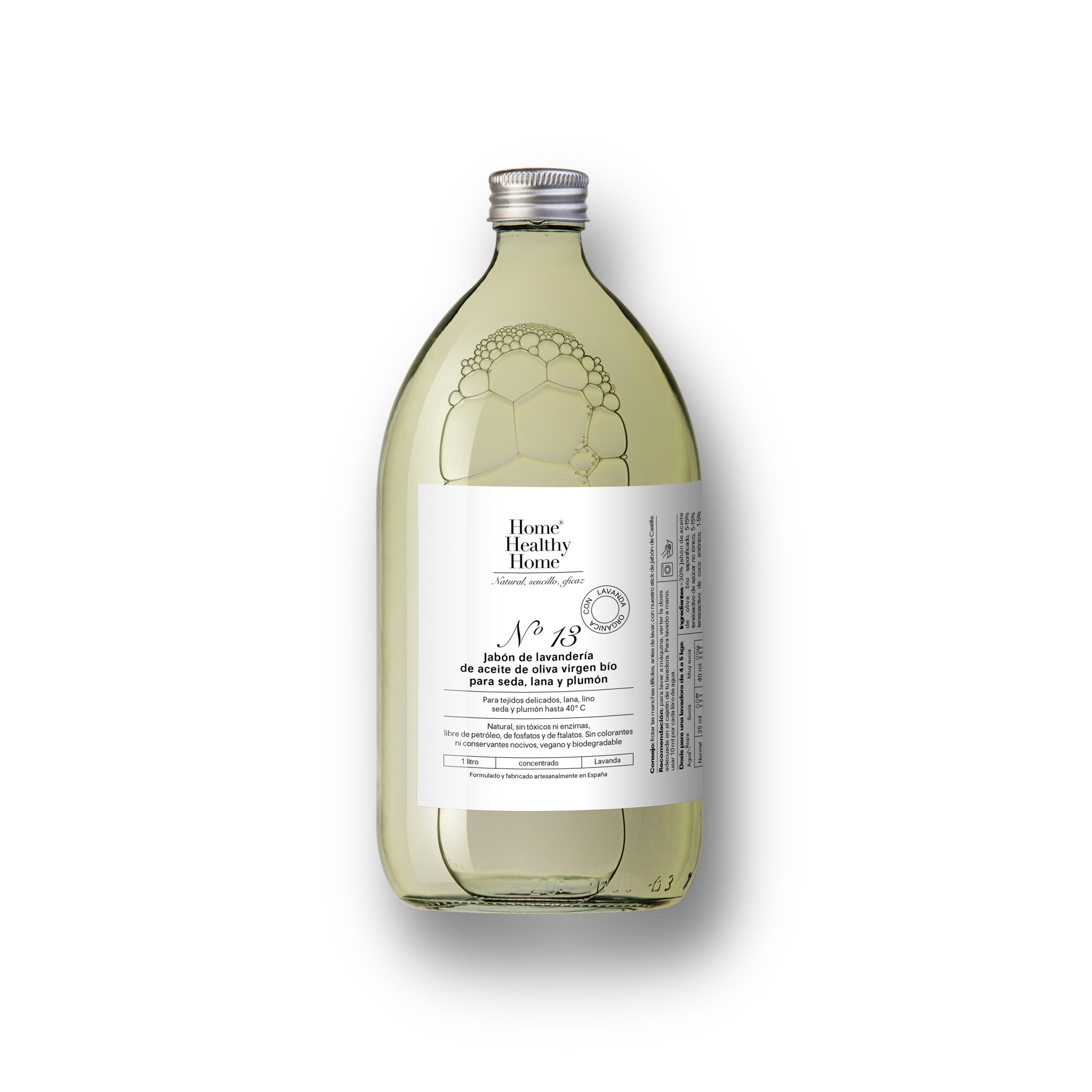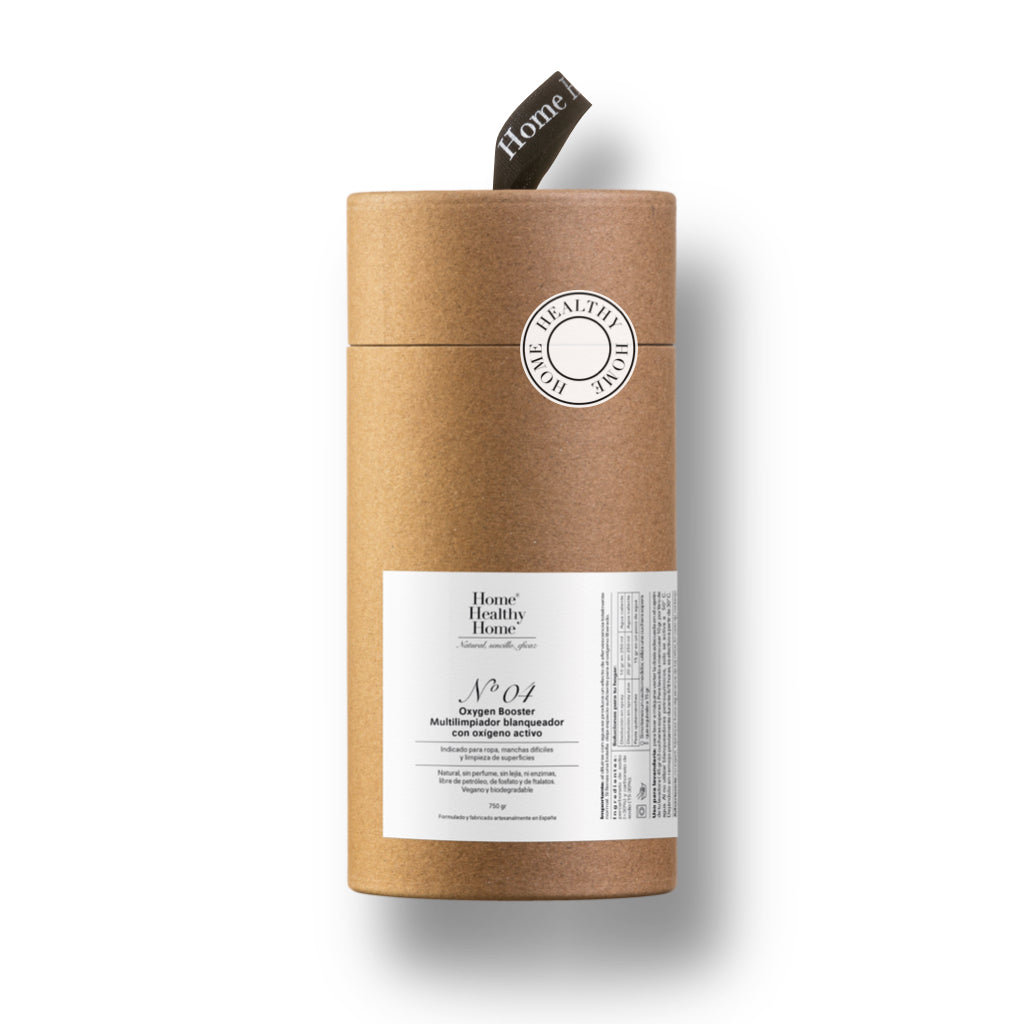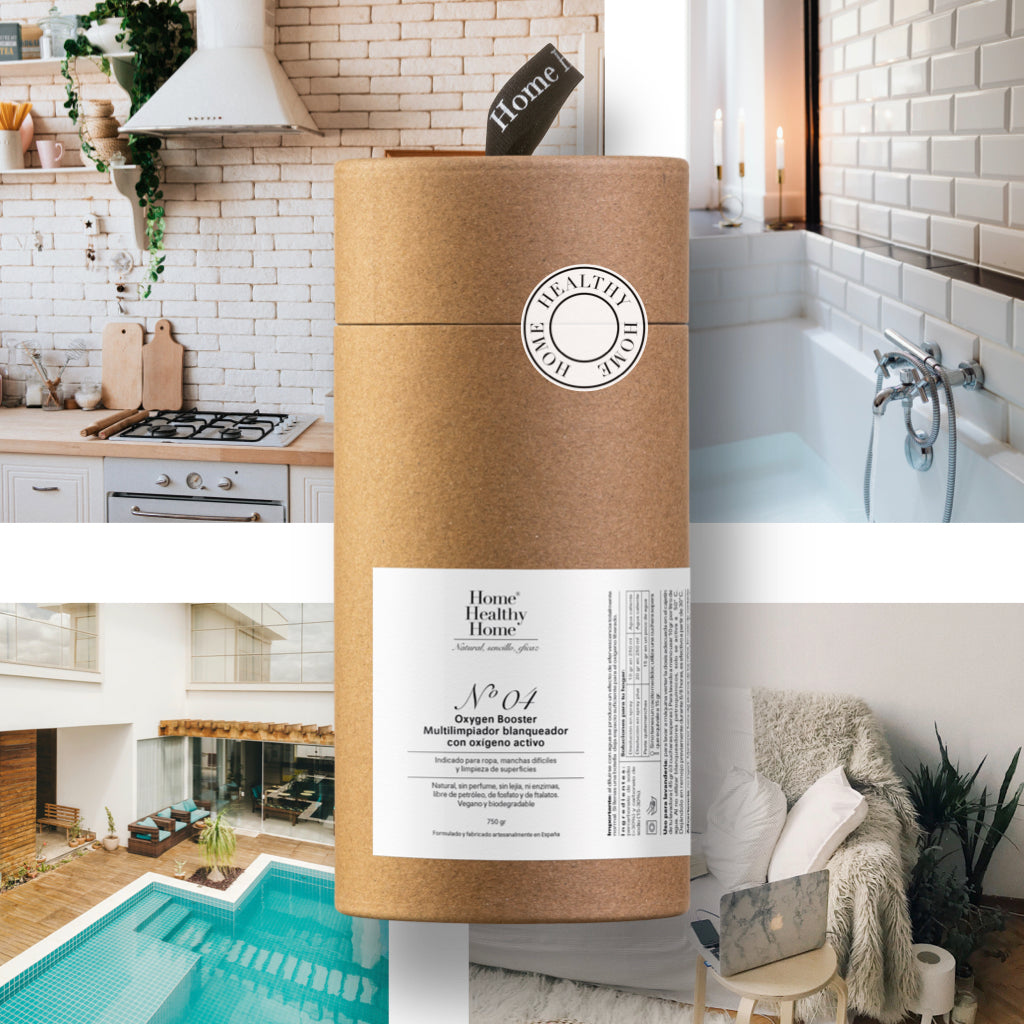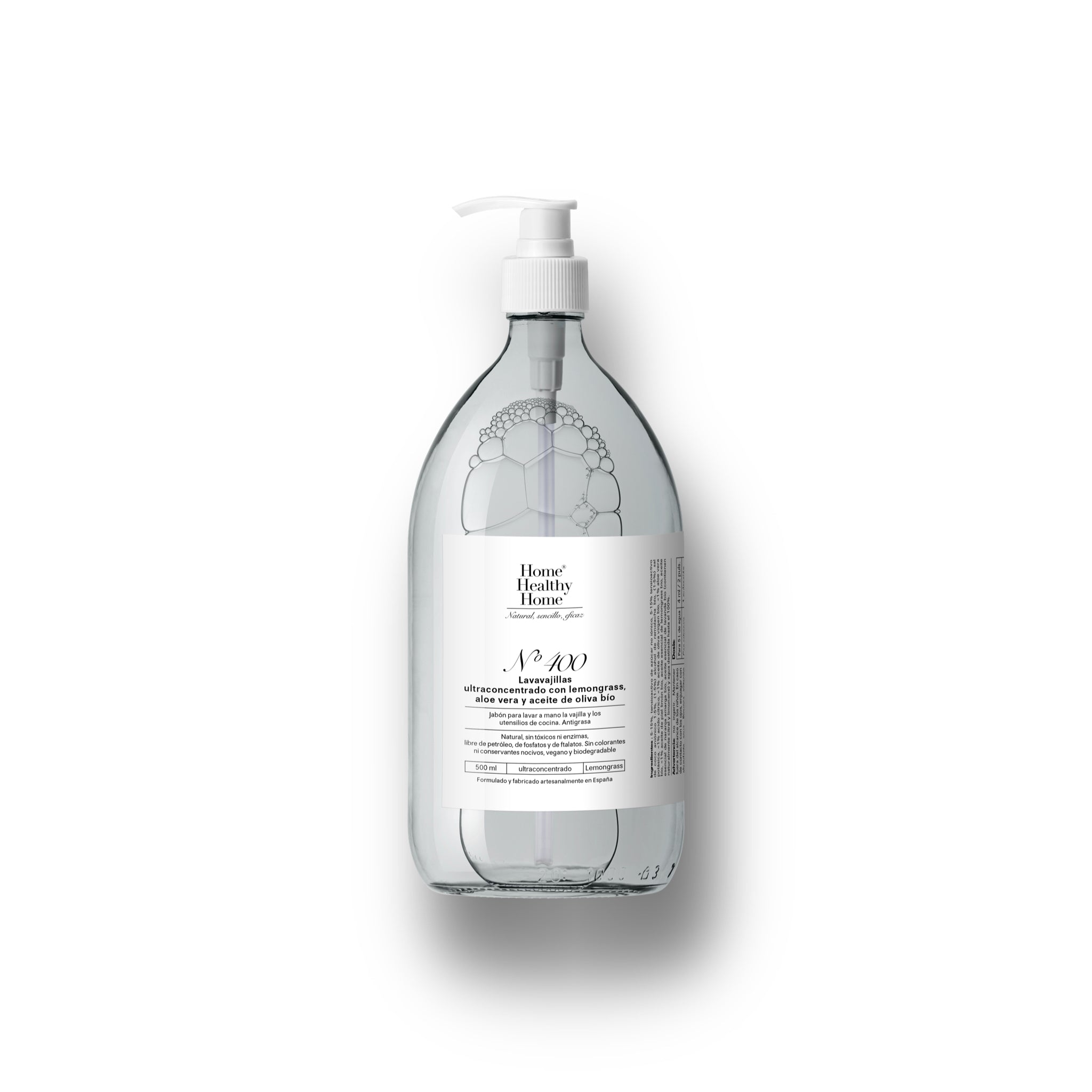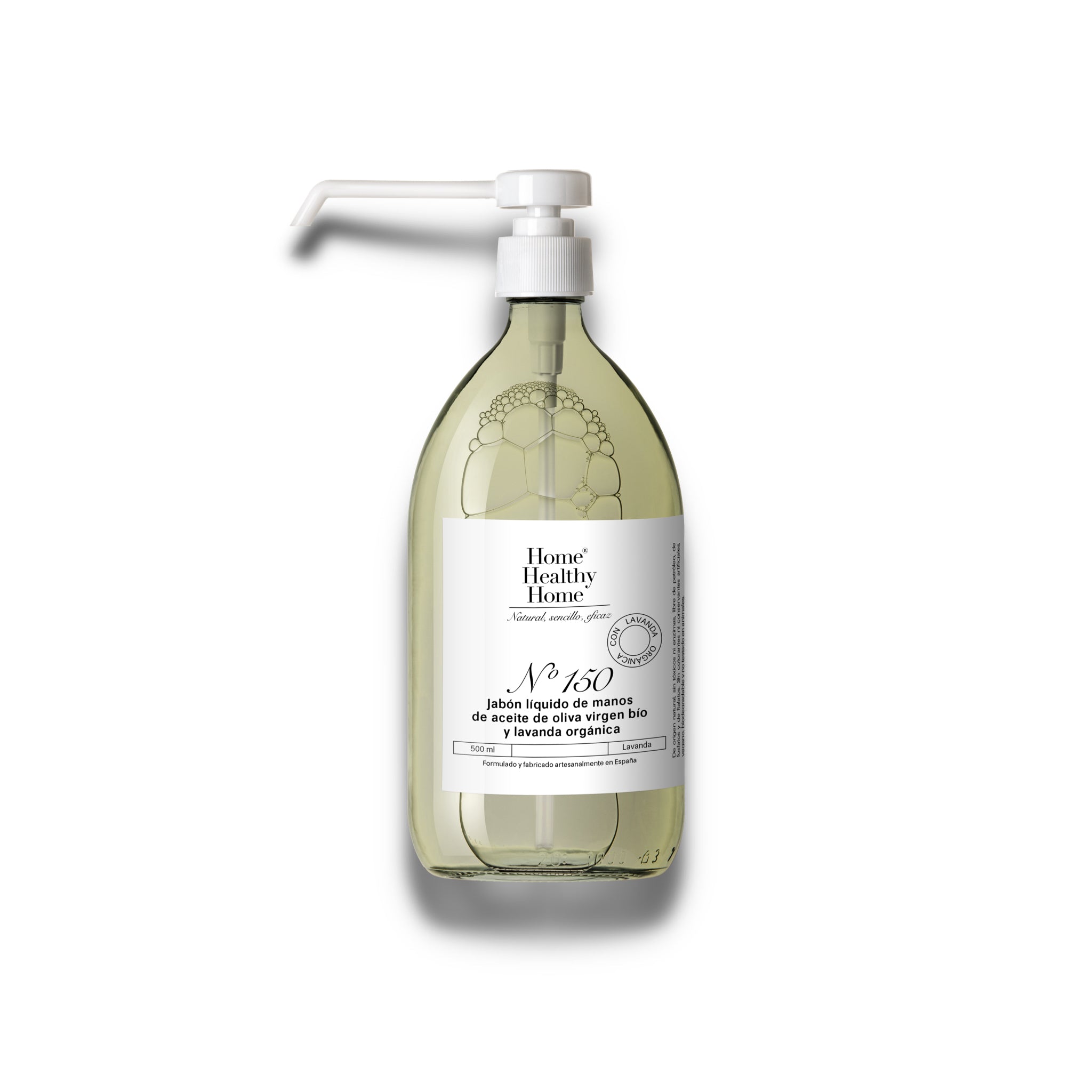Why are natural perfumes better than synthetic ones?
The world of perfumes has always been fascinating, filled with aromas that transport us to memories, emotions and special moments. However, in recent years, a debate has emerged between natural and synthetic perfumes. Although synthetic perfumes have dominated the market due to their accessibility and variety, more and more people are opting for natural fragrances due to the benefits they offer. Here we will explore why natural perfumes are a better option, supported by studies and expert references.
1. Composition and toxicity
Synthetic perfumes are often made from petroleum-derived chemicals, such as phthalates, which can have negative effects on your health. A study published by the Environmental Working Group (EWG) , an organization dedicated to researching the safety of chemicals, found that many of the ingredients in synthetic fragrances can be endocrine disruptors, meaning they interfere with the body’s hormonal system. Natural perfumes, on the other hand, are made from essential oils and botanical extracts, which are more compatible with the body and less likely to cause allergic reactions or long-term adverse effects.
All Home Healthy Home fragrances are made with natural essences, making them a great option for those looking to avoid the harmful chemicals found in synthetic fragrances. Not only do these fragrances smell amazing, but they are also safe for everyday use and benefit both the body and the environment.
2. Environmental impact
The synthetic fragrance industry relies heavily on petrochemicals, which contributes to environmental pollution and the exploitation of non-renewable resources. Natural perfumes, on the other hand, are often derived from more sustainable practices. An article in the Journal of Sustainable Development highlights that essential oil extraction processes, while resource-intensive, are significantly more sustainable than the industrial processes used to create synthetic compounds. Additionally, many natural perfume brands are committed to organic farming and fair trade, ensuring a lower carbon footprint.
At Home Healthy Home we are committed to sustainability, using environmentally friendly extraction methods and certified organic sources, which significantly reduces environmental impact.

3. Health benefits
Essential oils used in natural perfumes are not only pleasant to the smell, but also have therapeutic properties. Aromatherapy is a discipline that uses these oils to improve physical and mental well-being. According to a study published by the National Institute of Health (NIH) , some essential oils such as lavender, rosemary, and sandalwood can reduce stress, improve sleep, and increase concentration. This is in contrast to synthetic perfumes, which often contain allergens and chemicals that can cause headaches, skin irritation, or respiratory problems.
In the case of Home Healthy Home fragrances, which contain natural essential oils, they not only offer a pleasant aroma but also wellness benefits, making them an ideal choice for those seeking harmony between health and beauty.
4. Olfactory quality and complexity
While synthetic perfumes allow for the creation of unique scents that do not exist in nature, natural perfumes tend to be more complex and sophisticated in terms of olfactory development. Natural fragrances evolve over time, revealing different notes as they evaporate, while synthetic ones tend to be more linear and less dynamic. According to Mandy Aftel , author of the book Fragrant: The Secret Life of Scent , the beauty of natural perfumes lies in their authenticity and the connection they establish with nature and human emotions.
5. Sensitivity and allergies
Many people experience sensitivities or allergies to synthetic perfumes due to the nature of the artificial ingredients used. In contrast, natural perfumes are generally gentler on the skin and less likely to trigger adverse reactions. According to the American Academy of Dermatology , synthetic fragrances are one of the leading causes of contact dermatitis in people with sensitive skin . The essential oils used in natural perfumes, being less processed and containing no additives, significantly reduce this risk.
If you have sensitive skin, Home Healthy Home fragrances could be a safe alternative as they are free of allergens and harsh chemicals, offering a gentle and natural option.
6. Connection with nature
Finally, natural perfumes offer a more authentic and nature-like experience. Using fragrances derived from plants, flowers and resins connects us in a deeper way with the natural environment. According to a study published in the Journal of Environmental Psychology , using natural fragrances can increase our connection with the environment and foster a sense of well-being and peace.
Conclusion
Choosing between a natural and synthetic perfume is not just a matter of olfactory preference, but also of health, sustainability, and overall well-being. Natural perfumes, being free of harsh chemicals, are not only safer for our bodies, but also for the planet. Plus, their therapeutic benefits, authenticity, and connection to nature make them a superior choice for those looking for a fragrance that goes beyond the superficial.
While synthetic perfumes will continue to be popular for their affordability and variety, opting for natural is a decision that benefits both the user and the environment. In the end, natural will always be better.
References:
- Environmental Working Group (EWG) - Study on toxic ingredients in synthetic perfumes.
- Journal of Sustainable Development - Environmental impact of synthetic fragrances.
- National Institute of Health (NIH) - Therapeutic properties of essential oils.
- Aftel, Mandy. Fragrant: The Secret Life of Scent .
- American Academy of Dermatology - Report on allergies caused by synthetic perfumes.
- Journal of Environmental Psychology - Study on the connection with nature and the use of natural fragrances.
This article may serve as a guide for those who wish to further explore the wonderful world of natural fragrances.


